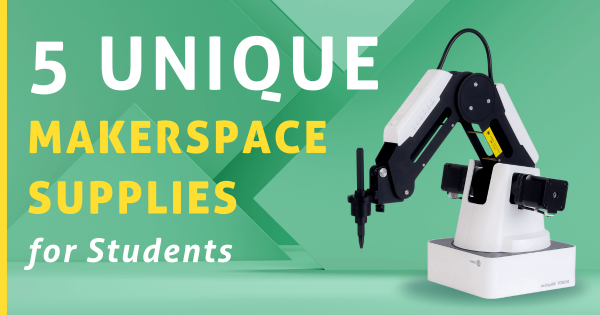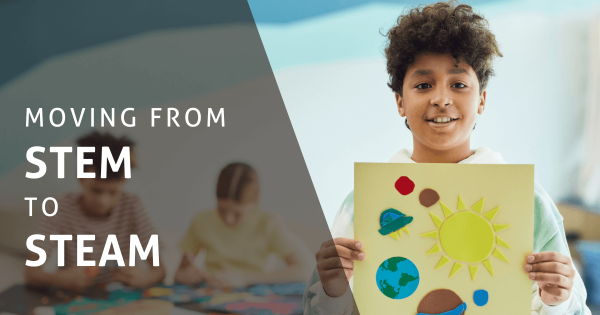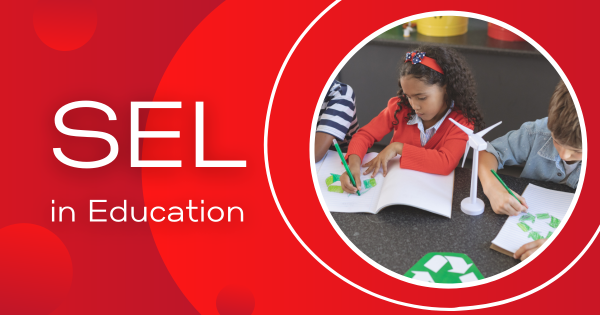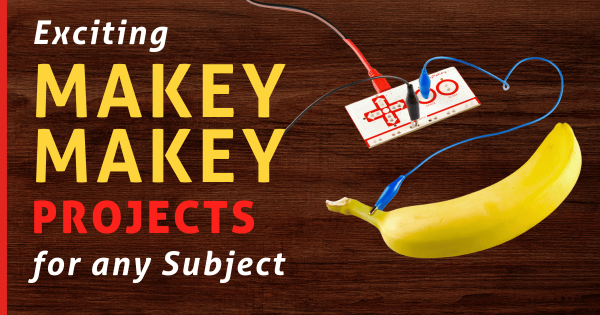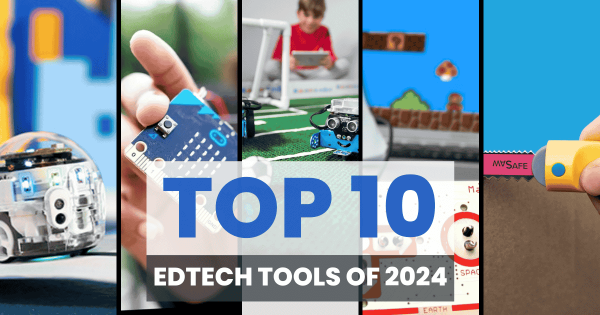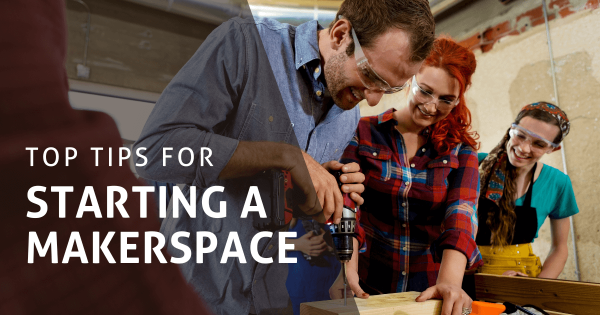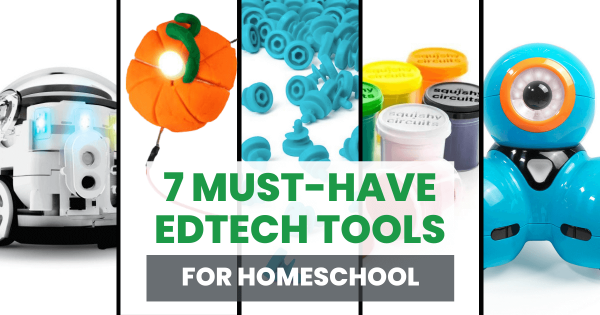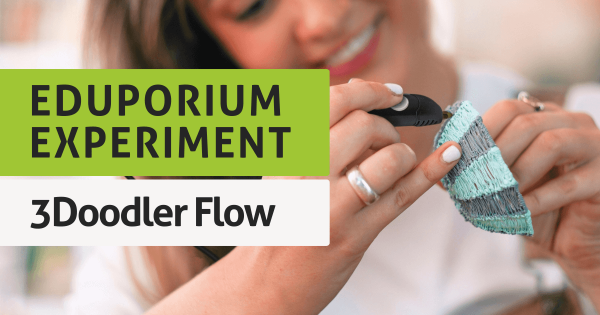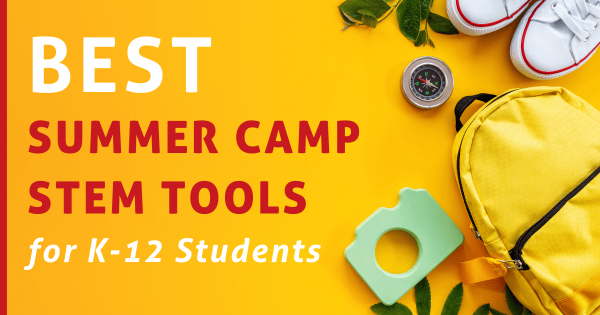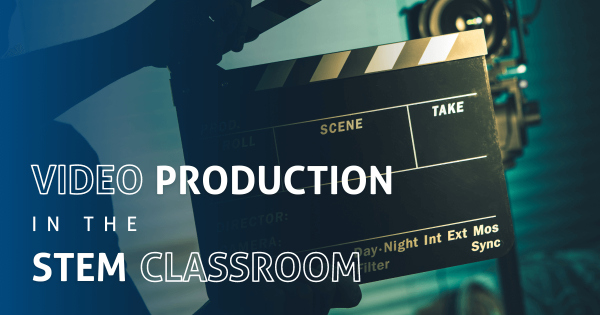While educators won’t necessarily need official curricula or detailed project guides in makerspaces, these suggestions, however, are great examples of unique maker supplies, including different types of 3D printers, coding kits, electronics tools, and design equipment. So, we’re excited to walk through some less common makerspace tools for creating high-quality learning.
Maker Ed
Maker Ed has rapidly evolved into a big and important component of 21st century learning. Born out of the culturally impactful Maker Movement, maker education involves providing students with opportunities for hands-on construction, investigation, problem solving, collaboration, and more—all with this community-centric approach. In Maker Ed, students often excel with new types of opportunities to showcase their skills or to develop new ones. With so many potential projects to work on in the classroom or in school makerspaces, adding purposeful, hands-on work to the school day is very effective and inspiring. And, more importantly for educators, there's no wrong way for them to go about introducing maker education. It can be as complex as using various advanced 3D printers or as simple as building with popsicle sticks.
Aside from the likelihood of positively impacting students, Maker Ed is also popular because of its real-world connections. Not only can children further develop key technical skills, maker opportunities also help them to bolster some top soft skills. Making typically involves a lot of collaboration and this is especially true as students move into middle or high school. With unique, fluid opportunities, kids can simultaneously work on bolstering communication, teamwork, and other soft skills in the process. Plus, whether they are using classroom 3D printers, CNC machines, or even low-tech tools, they'll grasp a better understanding on using technology for good as well. Some solid product lines across Maker Ed are 3Doodler, MakerBot, LulzBot, Glowforge, and more. With these innovative solutions, students in all grade levels can truly propel their creative acumen.
-
Eduporium Weekly | Moving From STEM To STEAM
STEM and STEAM education, understandably, have plenty in common and educators can use some similar tools and strategies while they’re teaching both. To start, STEAM education involves opportunities for students to add more artistry and creativity to these projects and, by moving from STEM to STEAM, they can learn to display their knowledge using new techniques. -
8 SEL Skills Students Develop Through Hands-On Learning
When educators can work to simultaneously engage their students’ heads, hearts, and hands in projects—something they could really accelerate with MakerEd tools—they often develop vital SEL skills more quickly while also preparing for future careers. So, what are these key social-emotional skills and what are some of the ways in which educators can teach them? -
Exciting Makey Makey Project Ideas For Any Subject
For educators, especially those who may be new to technology and STEM in general, the Makey Makey is an excellent starting point for your lessons. Besides immediately recognizing its catchy name, the Makey Makey is an extremely appealing teaching tool that boosts engagement and maximizes instruction. What does it help you teach? Just about anything you want. -
Top 10 EdTech And STEAM Tools Of 2024
Here are the most sought-after STEAM tools of the year—tools that helped the Eduporium family teach everything from magical makerspace moments to amazing coding creations. The Ozobot and Bee-Bot helped to foster CS skills, while Glowforge’s laser printers enlivened makerspaces, Expeditions 2.0 put kids right in the action, and the micro:bit V2 made learning flexible. -
Eduporium Weekly | Top Tips For Starting A Makerspace
One of the best things about school makerspaces is that so many different events can foster productive learning experiences. Since maker learning is so closely connected to 21st century development, MakerEd activities and exploration remain popular with both students and teachers. So, if you are looking to start a makerspace in your school, what are key things to know? -
7 Must-Have EdTech Tools For Homeschool
For homeschooling parents, EdTech may seem out of reach. Whether it’s too expensive or too complex, some of the most popular EdTech isn’t suited for homeschoolers. However, we’ve compiled a list of the best EdTech tools that work perfectly in a home classroom. These solutions are affordable and approachable, with curriculum that parents can easily integrate. -
Eduporium Experiment | The New 3Doodler Flow 3D Printing Pen
Older kids (14+) can use the 3Doodler Flow to craft projects for any class using teacher-created lesson plans. The Flow pen comes with a few great upgrades from the Start and Create, including a digital temperature display and spooled filament. These changes make the new Flow pen even more efficient when creating STEM projects such as a 3D model of -
Best Summer Camp STEM Tools For K–12 Students
We’ve put together this in-depth list of some top STEAM solutions for 2024 summer camps whether you are teaching coding, flying drones, or perhaps practicing engineering. These proven tech tools are perfect for helping kids continue developing their STEM skills even outside of the classroom. Plus, you can even get a free consultation with us to start planning your camp. -
How To Bring Video Production Into The STEM Classroom
Recent issues with student attention have inspired teachers to incorporate more audiovisual elements, like podcasts and videos, into the classroom. Research shows that interacting with videos in class improves students’ engagement and retention of STEM content, as well as increasing class satisfaction. Look inside for tips on using video elements in the classroom.




